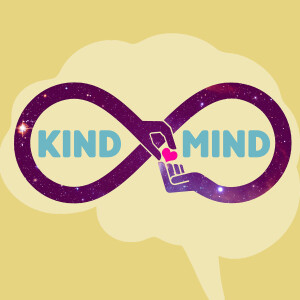
Beautiful people are not always good, but good people are always beautiful. This claim is supported by a recent social psychology study in which three groups of subjects were asked to rate the attractiveness of the same faces of strangers. Group 1 was given negative descriptors about the people they were looking at - like mean, cruel, etc. Group 2 was told nothing. Group 3 received positive descriptors of the same strangers - kind, honest, etc. Group 3 found the faces to be the most physically attractive, followed by Group 2 and then 1.
Knowing something about another's personality can actually change the way the brain perceives their physical features. According to evolutionary theory, our assessment of the fitness value of a potential social partner is a hybrid of physical and non-physical characteristics.
Science also suggests that kindness forms a virtuous feedback loop. Kindness generates happiness, and happiness motivates people to be kind. But there is a catch - intention matters. It does not work if you do something kind for others for the sake of becoming happy or gaining something in return. This is known as "strategic kindness" and only yields pleasure as opposed to "altruistic kindness" which means without the desire for a reward and leads to real happiness. fMRI studies reveal that separate regions of the brain are activated for each kind of kind, putting the "true" back in altruism.
Most spiritual traditions emphasize love for all and to be of service to others. The needed energy and enthusiasm arise quite naturally as a result of meditation and leading a more contemplative life.
"To a wise one, the whole earth is open - because the true country of a virtuous soul is the entire universe." –Democritus
More Episodes
 2022-10-05
2022-10-05
 2022-09-08
2022-09-08
 2022-08-25
2022-08-25
 2022-08-15
2022-08-15
 2022-07-31
2022-07-31
 2022-07-24
2022-07-24
 2022-07-23
2022-07-23
 2022-06-11
2022-06-11
 2022-05-20
2022-05-20
 2022-04-28
2022-04-28
 2022-03-25
2022-03-25
 2022-02-06
2022-02-06
Create your
podcast in
minutes
- Full-featured podcast site
- Unlimited storage and bandwidth
- Comprehensive podcast stats
- Distribute to Apple Podcasts, Spotify, and more
- Make money with your podcast
It is Free
- Privacy Policy
- Cookie Policy
- Terms of Use
- Consent Preferences
- Copyright © 2015-2024 Podbean.com





